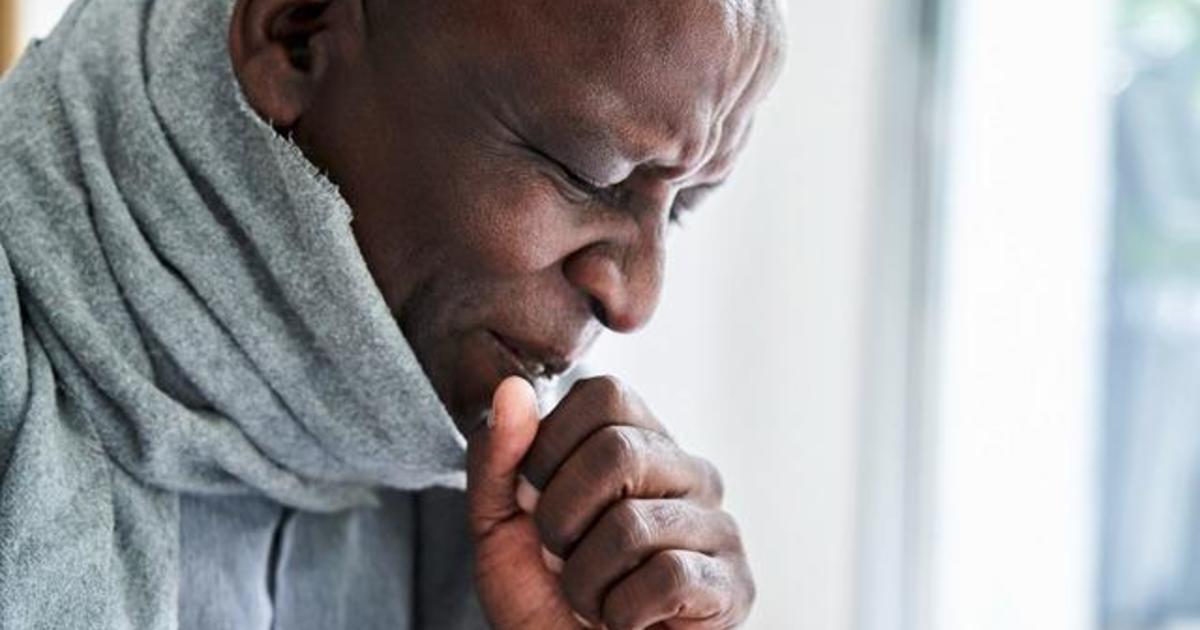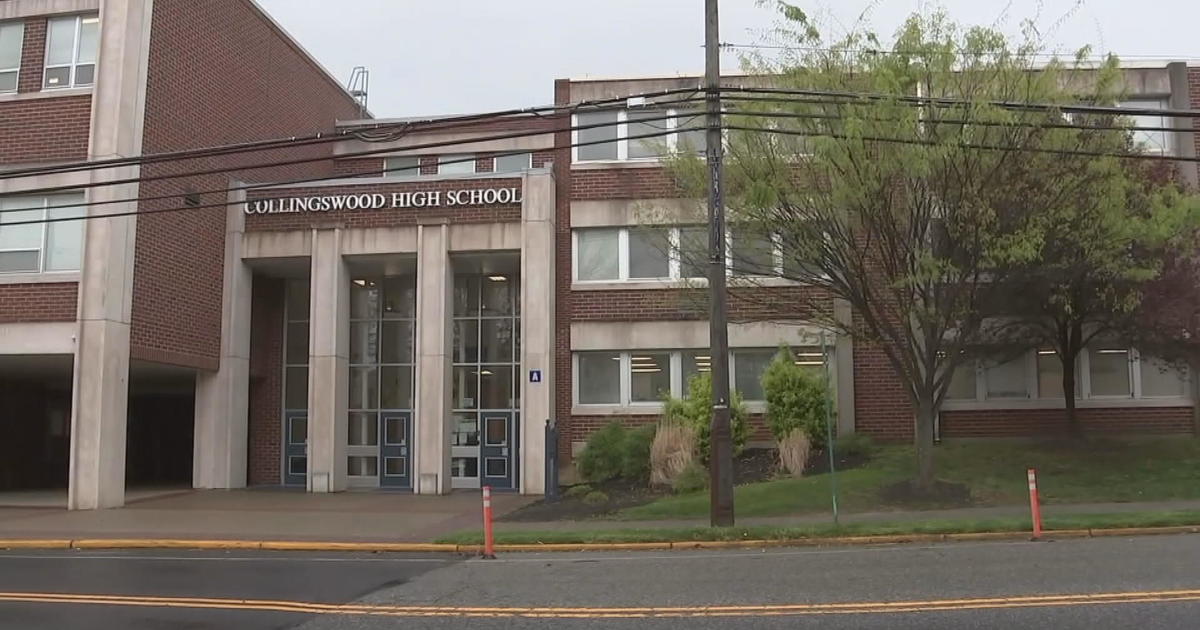Study: Delaying Purchase Of Guns By Couple Days Could Save Nearly 1,700 Lives A Year
By Victoria Larned
PHILADELPHIA (CNN) -- Over 33,000 people in the United States die each year from firearm injuries, according to the most recent data from the Centers for Disease Control and Prevention. However, delaying the purchase of guns by a couple of days could save nearly 1,700 lives a year, according to a study released Monday.
Researchers at Harvard Business School analyzed waiting period laws for handguns in 43 states and the District of Columbia from 1970 to 2014. Their results showed that waiting periods were associated with a 17 percent decrease in gun homicides and a 7 percent to 11 percent decrease in gun suicides per year.
Police: Man Throws Hot Coffee Onto Wawa Employee
"We can say confidently that waiting period laws reduce gun homicides," said Deepak Malhotra, professor of negotiation and conflict resolution at Harvard Business School and a researcher on the study. "There seems to be a lot of evidence to suggest that suicides also are reduced, but further research might be necessary on that issue."
According to the research, in the 17 states and the District of Columbia that have waiting periods, roughly 750 gun homicides a year are prevented as a result.
"Expanding the waiting period policy to all other U.S. states would prevent an additional 910 gun homicides per year," the study says, "without imposing any restrictions on who can own a gun."
A waiting period law is, by the study's definition, a "mandatory delay between the purchase and delivery of a gun" in which the gun owner must wait two to seven days before receiving the firearm.
This provides a "cooling off" period, letting any feelings of anger or suicidal impulses pass, the study suggests. Researchers believe it could close the window of opportunity for violently motivated individuals, or stop people who have "malevolent" but temporary intentions, from using a firearm.
The study also used the 1994 Brady Handgun Violence Prevention Act to collect data on a time in the US when there were federally regulated waiting period laws.
Broccoli May Be Key To A Healthy Gut, Study Finds
This eliminated the possibility of intervening factors such as demographics, other policies, alcohol consumption, income and age groups, Malhotra said. The research produced comparable results.
"It is reassuring to see that the estimates of the effects are consistent under both approaches (the 1970 to 2014 study and the Brady Act study) and that the effects apply exclusively to homicides and suicides with firearms," noted Daniel Webster, professor of health policy and management at the Johns Hopkins Bloomberg School of Public Health, who was not involved in the study.
Not everyone is convinced. "The study ignores the fact that there are very real cases where waiting periods have actually facilitated homicide," said Erich Pratt, executive director of the rights organization Gun Owners of America.
He cited the case of Carol Bowne, a resident of New Jersey who lost her life in 2015 while waiting several weeks during a gun screening process. The gun was supposed to protect her from the man who killed her with a knife, Pratt said.
What's next?
There has been no federally mandated waiting period for buying a gun since the Brady Act interim provision expired in 1998, but researchers hope their work will influence change in state or even federal gun policy.
"What is nice about this study is that it identifies a policy change which does not take guns away from anybody and yet can have a significant impact on gun deaths," Malhotra said.
The study notes that in 2016, the American Medical Association voted to expand its gun safety policy to include support for waiting periods, in addition to background checks for all firearm buyers.
Adam Winkler, a constitutional law specialist and professor at the University of California, Los Angeles, who was not involved in the study, believes that a simple reform in waiting periods could reduce both homicides and suicides, yet he also says the "political will" is severely limited in terms of changing gun policy.
While gun violence prevention research has been severely underfunded, Winkler said, "studies like this can point the way towards effective reform -- and away from ineffective proposals."
The-CNN-Wire ™ & © 2017 Cable News Network, Inc., a Time Warner Company. All rights reserved.



